
by Vera Martins, PhD, Naturopath, Herbalist
Today I bring you a few thoughts about genes, more specifically Epigenetics, as I believe this topic represents a great example of how science meets lifestyle choices and I think we all should know one or two things about it.
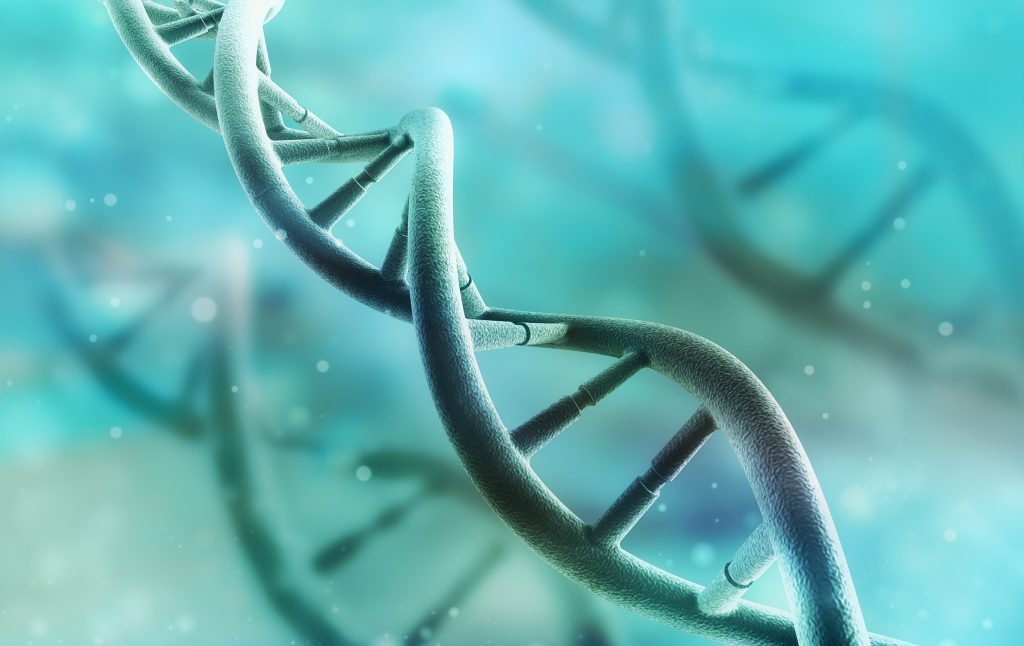
We may be aware that the genes we are born with have a role in determining how we behave, adapt, and deal with life stressors. However, it can be hard to not wonder if we are mostly a result of those genes or if instead we can have a more proactive role in writing our story and shaping our health scene. Complementary forms of medicine highlight indeed the role of nature and lifestyle choices on our health and teach us to be responsible for nurturing our bodies at all physical, psychological and emotional levels in order to achieve good health. A balanced diet packed with antioxidants and good fats, herbal extracts to address ailments, regular exercise, keeping positive, meditation…the list of how to nurture our bodies goes on and on. It may sound simple but it requires commitment and discipline making it easy to lose track along the way. And the more sceptical may ask whether it does matter since our genes have supposedly already determined who we are meant to be. And that is why we should learn about the other side of genes and understand how they are actually able to be flexible responding to our lifestyle choices, and ultimately, to us. It turns out we do have some control after all and that is called Epigenetics.

Epigenetics comes from the Greek word “Epi” which means “on top”, i.e., there are factors above genes that control their behaviour. Basically, we are talking about a mechanism that does not change the information in a gene but simply controls whether a gene “talks” or stays “silent”, think of a switch that can turn a gene on and off. And we, through our choices, are the masters of those genes’ switches. How? Simply through the kind of food we eat, the air we breathe, the quality of our sleep, the exercise we do, how stressed we are, the thoughts we have, and even the love we give and receive. It is so powerful that we now know that even development in the womb has an epigenetic influence on the baby. The mother’s nutrition, lifestyle, and mental health during pregnancy can switch on and off certain genes in the baby, showing how a mother-to-be lifestyle can have implications in the baby’s health since the moment of conception. This is a beautiful finding that reinforces our power and wholeness as human beings.

Switching genes on and off can affect all aspects of health, including several diseases such as cardiovascular disease, autoimmune conditions, reproductive disorders, neurological disorders and even many types of cancer. Did you know that 70-90% of cancers are due to the environment? It is therefore crucial to get a better understanding of how we can control those gene switches to help preventing or managing certain health conditions.
Since there is a lot of evidence about the role of nutrition on health through epigenetics, I decided this to be my focus in this article (in fact, the effect of nutrients on our genes became such a trend that there is even a name for it – Nutrigenomics).
A large class of dietary components – called polyphenols – has been shown to play an important role in cancer development through epigenetics. Polyphenols are naturally found in fruits, vegetables and herbs and they include the following compounds: curcumin, epigallocatechin gallate (EGCG), resveratrol and isothiocyanates. You may be familiar with some of these complex names as they became famous for their antioxidant and therefore anti-ageing properties. All these compounds have been shown to reduce tumour growth by altering epigenetic mechanisms, i.e. by switching certain genes on or off.

Here is a short summary of these anticancer compounds so you can learn what they do and where to find them:
Curcumin is the active compound found in turmeric and one of the most promising anticancer agents. It has been shown that people who incorporate high doses of this spice in the diet have a lower incidence of cancer. A teaspoon of turmeric powder in warm almond milk (add a pinch of cinnamon to improve taste – and as an extra benefit you will get the blood sugar regulator properties of cinnamon) is an amazing recipe to adopt daily. Turmeric powder (or freshly grated turmeric root) is also great added to smoothies and juices.
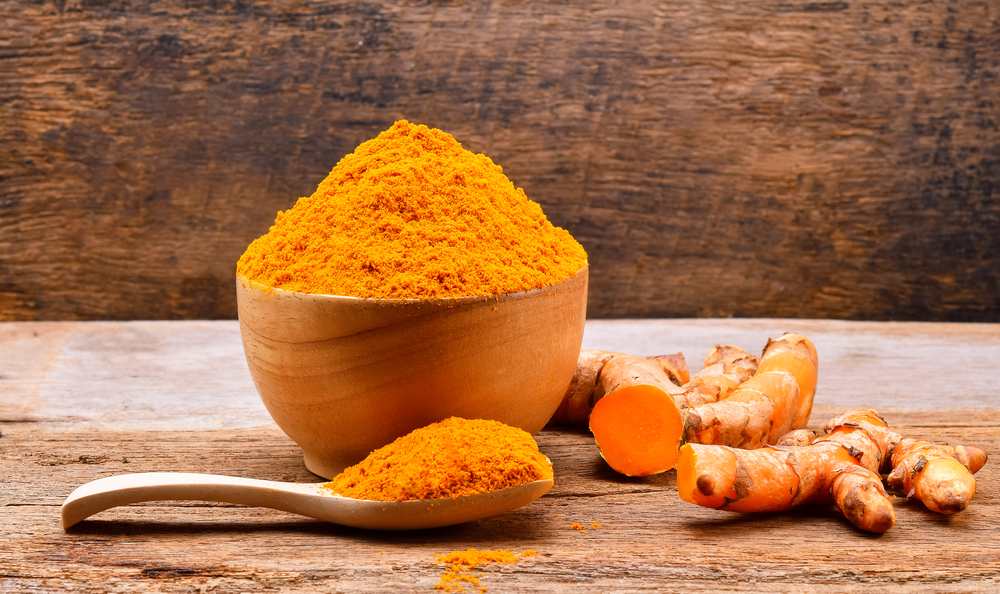
Epigallocatechin gallate (EGCG) is a tea polyphenol found in high quantities in green tea particularly. It is known to inhibit several types of cancer including breast, prostate, gastric, skin and pancreatic. Whether you are or not a tea person it is becoming difficult to ignore the remarkable benefits of this brilliant herb. I strongly recommend drinking at least a cup of green tea daily. You will also get the antioxidant benefits, which reduce ageing. If you are not a keen green tea drinker try adding some lemon juice or perhaps getting a blend such as with jasmine – you will be a super fan in no time.
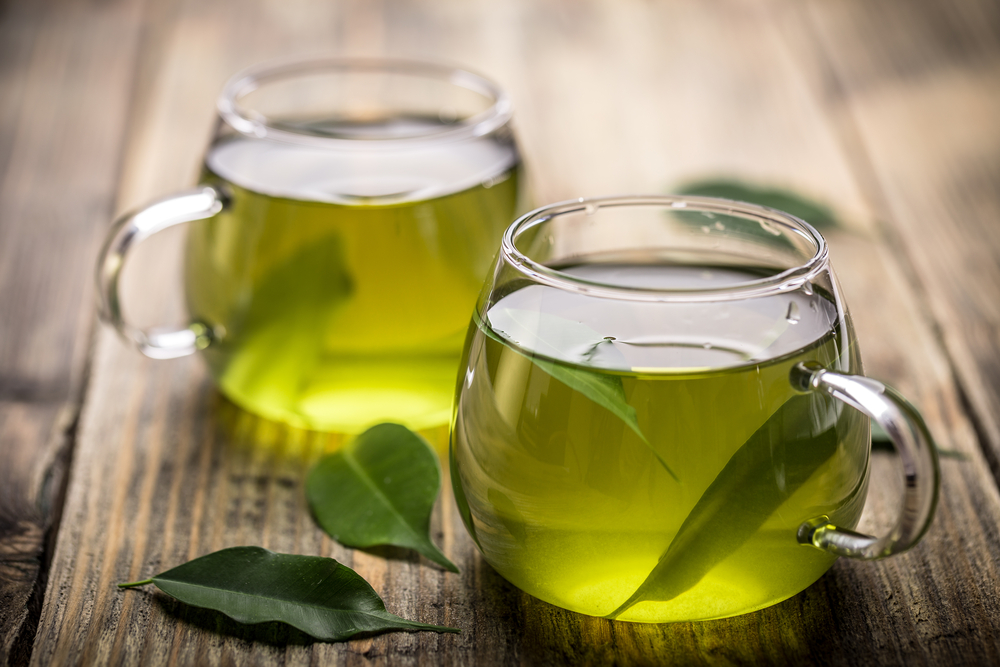
Resveratrol, which is mainly found in the skin of grapes and therefore high in red wine, has received a lot of attention for his antioxidant properties promoting longevity. It was also found to be important in breast cancer particularly. You can find it too, although in lower quantities, in cranberries and blueberries.

Isothiocyanates are present in a family of vegetables that include broccoli, cabbage and kale, which have in common the presence of sulfur. These compounds can reduce cancer growth and promote cancer cell death. They also help with the detoxification process in the body so this family of vegetables does wonders to your liver, your main organ of detoxification. Other foods rich in sulfur-containing compounds with similar epigenetic effects include garlic.
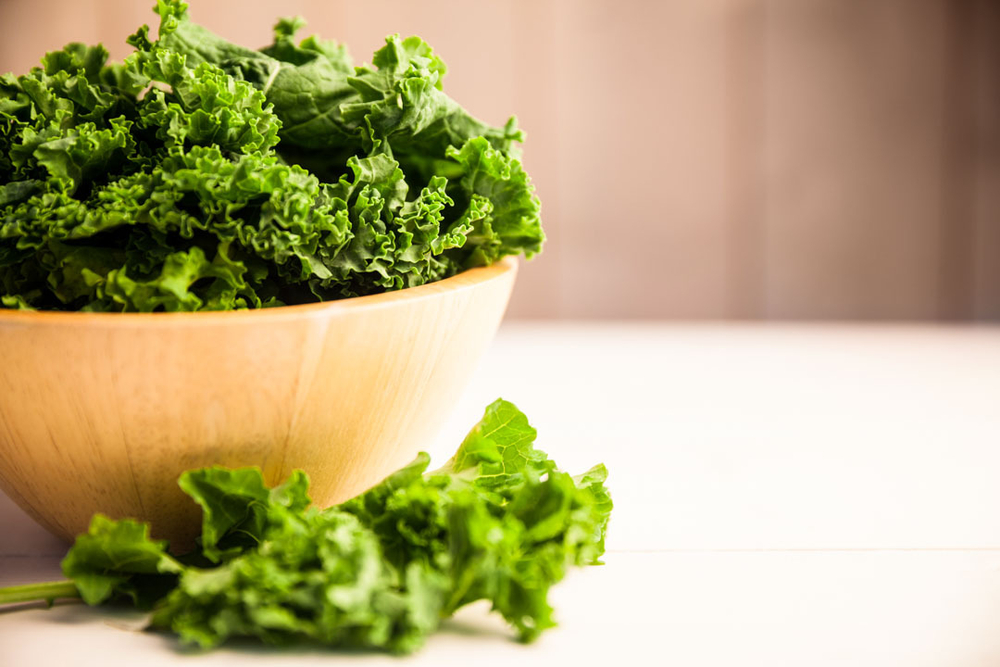
How about other health conditions? Yes, there are also studies supporting that our diet can switch on and off genes related to obesity, cardiovascular and neurodegenerative diseases. A diet high in bad fats (mainly trans fats) can switch off the gene for leptin, a hormone that regulates our appetite. Having less of this hormone will make us feel hungrier, eating more and consequently increasing body weight. Oxidative stress in our bodies, which can be caused by a diet high in sugar and processed foods but also by other factors such as stress and infections, alters the epigenetics of genes linked to cardiovascular health and memory. How to reduce the impact of oxidative stress in our bodies? Foods packed with antioxidants, which include all foods mentioned above, are the way forward. Think also Goji berries, dark chocolate (only varieties containing at least 70% pure cocoa/cacao and without additives like corn syrup, hydrogenated oil and artificial colours or flavours, and low in sugar), blackberries, prunes and artichokes.
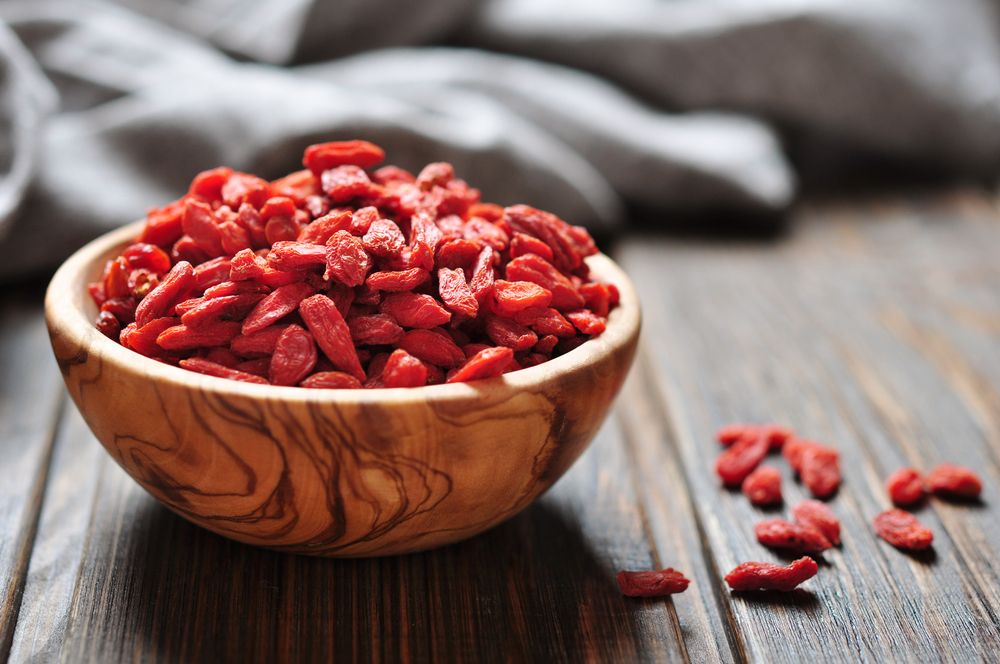
Other natural dietary compounds shown to positively affect our genes trough epigenetics are: selenium (found in Brazil nuts, organic chicken and beef) and folic acid (found in beans, grains and green vegetables). In the same way, there are certain substances known to have negative epigenetic effects and those include tobacco smoke, pesticides, heavy metal, radiation and certain hormones.
I hope we can now appreciate that our lifestyle choices do matter and that good choices equal happy genes and, ultimately a happy body. And that is what I call ‘happygenetics“.




